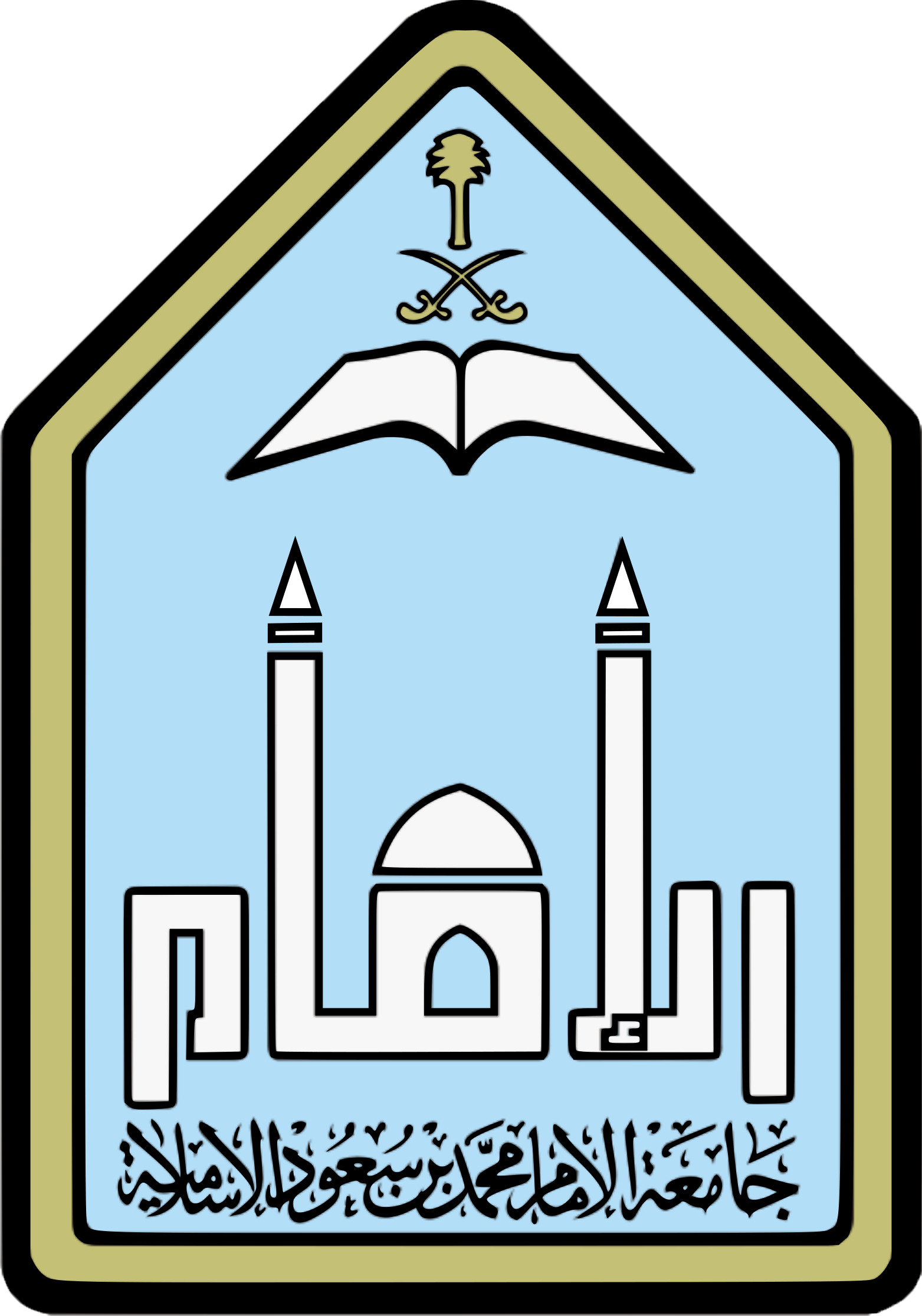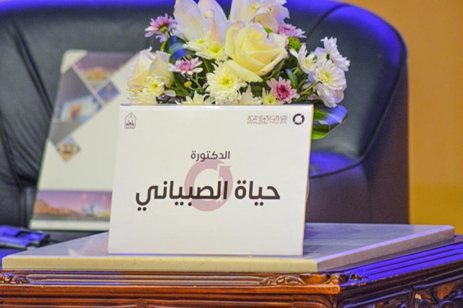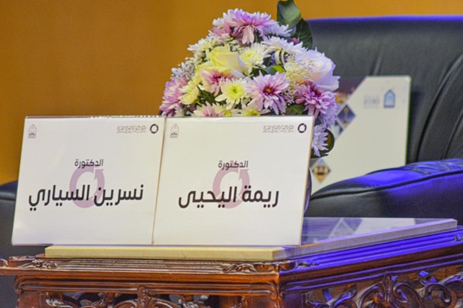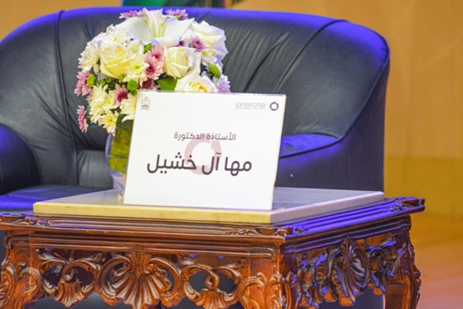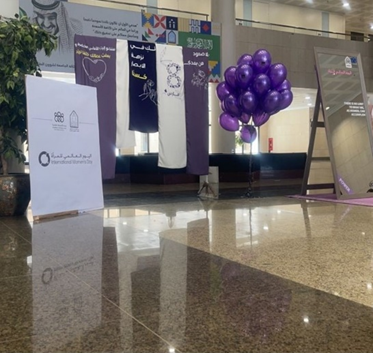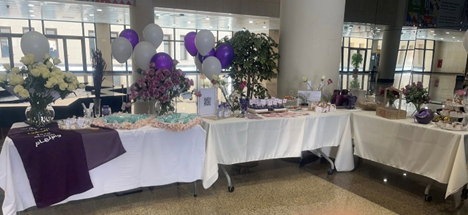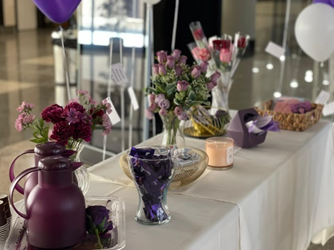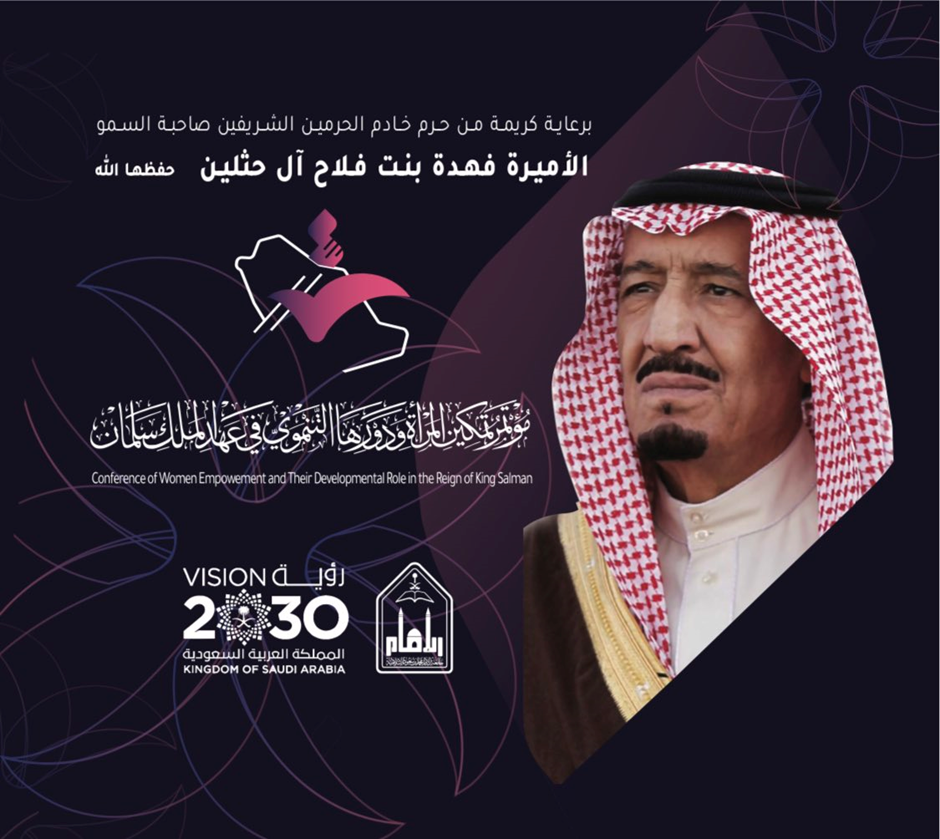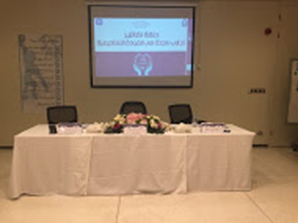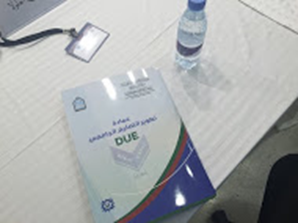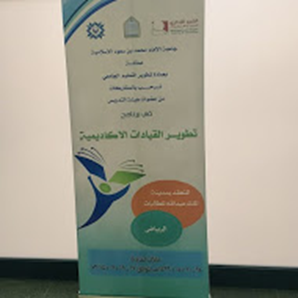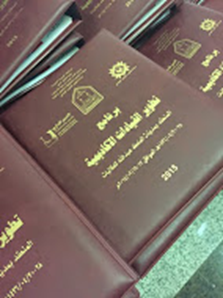Introduction
Sustainable Development Goal (SDG 5 or Global Goal 5) aims to achieve gender equality by ending all forms of discrimination, violence and any harmful practices against women and girls in the public and private spheres. It also calls for the full participation of women and equal opportunities for leadership at all levels of political and economic decision-making. Gender equality is not only a fundamental human right, but a necessary foundation for a peaceful, prosperous and sustainable world.
In the last five years, the Kingdom passed a series of rulings to improve the rights of women. In 2017, the ban on women driving was lifted34. Over 48 thousand Saudi women have been issued a driver’s license since then. In 2019, the Kingdom allowed women to travel independently once they turn 21, obtaining a passport without the permission of male guardians, registering their children’s births as well as both marriages and divorces35. Authorities regulated equal pay between genders and the right to work without facing any kind of discrimination. Women were also allowed to join the Armed Forces36 and do not need permission to study, get a job or get surgery. In 2020, KSA banned marriages under 18, regardless of gender. In addition, anyone between 15-18 needs to obtain permission from a court for marriage. Although child marriages sometimes include boys, these changes were mainly aimed at improving the rights of girls. Lastly, the Kingdom’s laws and regulations guarantee full and equal access to sexual and reproductive health care, information and education on HIV and HPV to 75% of women and men aged 15 years and older37. Still, women and girls continue to be one of the most vulnerable groups, with over a third of the human rights observations and recommendations made since 2008 (Kuncic, 2021, see Social Exclusion Analysis).
Gender equality is a fundamental and inviolable human right and women’s and girls’ empowerment is essential to expand economic growth, promote social development and enhance business performance. The full incorporation of women’s capacities into labor forces would add percentage points to most national growth rates – double digits in many cases. Further, investing in women’s empowerment produces the double dividend of benefiting women and children, and is pivotal to the health and social development of families, communities and nations.
Empowering women and girls and achieving gender equality requires the concerted efforts of all stakeholders, including business. All companies have baseline responsibilities to respect human rights, including the rights of women and girls. Beyond these baseline responsibilities, companies also have the opportunity to support the empowerment of women and girls through core business, social investment, public policy engagement and partnerships. As the engine for 90 percent of jobs in developing countries, technological innovation, capital creation and investment, responsible business is critical to the advancement of women’s and girls’ empowerment around the world. With a growing business case, private sector leaders are increasingly developing and adapting policies and practices, and implementing cutting edge initiatives, to advance women’s empowerment within their workplaces, marketplaces and communities. The launch of the SDGs in September provides a tremendous opportunity for companies to further align their strategies and operations with global priorities by mainstreaming gender equality into all areas of corporate sustainability and systematically and strategically scaling up actions which support the development and livelihoods of women and girls.
Within the activities of the International Women's Day Forum held by Imam Muhammad Ibn Saud Islamic University represented by the Vice Rectorate for Female Students' Affairs on Tuesday 5/8/1443H corresponding to 8/3/2022G, dialogue sessions were held with the participation of a number of speakers and academies, where the first session was opened under the chairmanship of Dr. Nisreen Al-Sayari, Assistant Professor of Management and Educational Planning, offering her thanks to His Excellency the President of the University, Dr. Ahmed bin Salem Al-Ameri, the participating leaders and all attendees.
Dr. Reema Saleh Al-Yahya, a member of the Shura Council and a member of a faculty studying at Princess Nourah bint Abdulrahman University, stressed in her working paper entitled (The Saudi leadership's support for distinguished female competencies that highlight the true image of Saudi women) that the government of the Kingdom of Saudi Arabia since the era of its founder King Abdulaziz bin Abdulrahman Al Saud – may Allah have mercy on him – has paid great attention to Saudi women and their education and empowerment of all their rights in the light of what is stipulated by Islamic law and does not contradict it, so it was the beginnings of support As a result of the interest of the rulers in the Kingdom in the education of women, Saudi women have been able to take confident steps in achieving their ambitions and goals until they emerged in various scientific, administrative and practical fields in the local and international field and proved their ability to take responsibility until they became partners in moving the wheel of development in the Kingdom and sent a message to the world that Saudi women deserve to assume high positions with high efficiency.
Prof. Dr. Maha Ali Al-Khasheel, Professor of Modern and Contemporary History at Princess Nourah University, participated in a working paper entitled "The Policy of the Wise Saudi Leadership in Enhancing the Pioneering Role of Saudi Women, Old and New", in which she referred to the care given to Saudi women by our wise leadership in light of the renaissance experienced by the Kingdom of Saudi Arabia since the era of King Abdulaziz until today; and the policies and decisions concerned with enhancing the role of Saudi women; and enhancing their participation in development within the framework of Islamic law, which affirmed On the maintenance and protection of women and many higher decisions and directives in line with Islamic values and national identity, the Saudi Vision 2030 also confirmed the continuation of this interest, which was concerned with enhancing women's participation in sustainable development and improving their material and social conditions; and what resulted from the wise policies adopted by the Kingdom and diversifying the opportunities available to women in all areas of development in line with the development of societal and economic needs while maintaining their family role, personality, choices and needs.
The first session concluded with the participation of Dr. Hayat Al-Sabiani, Vice Dean of the Faculty of Fundamentals of Religion at Imam Muhammad Ibn Saud Islamic University, with a paper entitled (The Approach of Islamic Law in Honoring and Raising the Status of Women) and spoke that women in Islam are "the anemone of men"; and the meaning of anemones: that is, their counterparts and their likenesses in creation and character; as if they were cracks of men, and God has equated them in the origin of creation and brothers of human lineage. "O people, we created you from a male and a female and made you peoples and tribes to get to know each other, if I honor you with Allah, I fear you that Allah is an expert," she added, adding that women in Islam have the right to own, rent, sell, buy and other contracts, and have the right to learn and teach in a way that does not contradict their religion, but it is science what is the imposition of an eye that sins leaving it male or female, adding that the opinion of women and their advice is considered in Islam if they are worthy of opinion, advice and ijtihad, and that the jurists stipulated that femininity does not Eligibility for fatwas and ijtihad is forbidden; ijtihad and fatwa are not limited to men and are not prohibited to women; Ibn Hazm said: "If a woman in the sciences of religion agrees for the time to accept her warnings," the rights and duties are distributed according to the instinct of God, which both men and women have instilled in them and what they have assigned to each other and according to his wisdom, knowledge and justice, women have what they have jurisdiction over without men and men have what they have to do without them of rights and rulings.
In the second session, which was opened by the Vice Dean of the King Abdullah Institute for Translation and Arabization, Dr. Hind Al-Qadi, thanked His Excellency the President of the University for the opportunity to participate in this great occasion, offering her thanks to all the participants and attendees at the forum, and then welcomed the presentation of scientific contributions during the session, which included several axes dealing with national efforts in achieving a sustainable tomorrow, and the first axis was with the participation of Princess Mashael bint Saud Al-Shaalan, founder of the Ion Research Center entitled (The role of women in achieving sustainable development in light of the The Climate Change Crisis) outlined the concept of sustainable development, development and human development as one of the causative factors of climate change as well as sustainable development and the empowerment of women, reducing the effects of climate change and its role in achieving the Sustainable Development Goals in general.
The second axis was attended by Ms. Noura Al-Issa, Senior Analyst of State Policy at the Ministry of Energy, and the participation was entitled "The Role of Women in Supporting and Achieving the Objectives of the Saudi Green Initiative", during which she reviewed the initiatives to achieve the Saudi Vision 2030 as well as international initiatives and the role of women in supporting these efforts.
In the third axis, Dr. Duaa Al-Dayel, Undersecretary of the Department of Geography at Imam Muhammad Ibn Saud Islamic University, participated in a paper entitled "The Initiative of Imam University in Achieving a Sustainable Tomorrow", during which she reviewed the efforts exerted and the efforts of different sectors and the efforts of Imam University as a model and what is expected.
At the end of the sessions, the attendees were allowed to ask questions and discuss.
Imam Muhammad Ibn Saud Islamic University, represented by the Vice Rectorate for Female Students' Affairs, organizes the International Women's Day Forum on Tuesday 5/8/1443H corresponding to 8/3/2022 at 10 a.m. in the Great Hall of the Conference Building (412) in King Abdullah City for Female Students.
The forum includes a busy program on the occasion of International Women's Day, reviewing the successes achieved by Saudi women under the support and patronage of the government of the Custodian of the Two Holy Mosques King Salman bin Abdulaziz and His Highness Crown Prince Mohammed bin Salman, and the forum addresses a number of axes, including celebrating the success of Saudi women, and this axis includes the support of the Saudi leadership for distinguished female competencies that highlight the true image of Saudi women, and the wise Saudi leadership policy in enhancing the leading role of Saudi women. Old and new, and the approach of the true Islamic religion in raising the status of women and honoring them.
The second theme, entitled "National Efforts to Achieve a Sustainable Tomorrow", includes the role of women in achieving sustainable development in light of the climate change crisis, and supporting and achieving the objectives of the Saudi Green Initiative through a speech program, and dialogue sessions that include a selection of speakers and academics from inside and outside the university.
The Vice Deanship of Student Affairs for Female Student Affairs participated in the celebration of the university of the International Women's Day event in cooperation with the Student Activities Unit at the Faculty of Economics and Administrative Sciences under the slogan You are the principle of life and inspiration, which corresponds to 8/3/2022. The day aims to achieve sustainable development and consolidate gender-based equality for a sustainable tomorrow, recognizing the contribution of women around the world, and the ability to adapt to and mitigate climate change to build a more sustainable future.
The event included brochures and distributions in inspiring terms, a presentation of the achievements of Saudi women through barcodes, a review of the achievements of the Kingdom's women, as well as the achievements of Imam University students and their obtaining higher awards through their participation in major competitions inside and outside the university.
To coincide with International Women's Day, Her Excellency Dr. Ohood bint Othman Al-Manea, Undersecretary of the Deanship of Student Affairs for Female Students' Affairs, participated in the distribution of roses in motivational and inspiring terms to distinguished female employees in all buildings of King Abdullah City for students who work with love and sincerity in order to serve our daughters students and their unlimited giving, and Dr. Ohood honored the distinguished female employees of the Acting for 2021.
The day concluded with the participation of Dr. Ohood in the episode (Community Fuel) of the Fanar Media Club at the College of Media and Communication by talking about the efforts of our beloved Kingdom under the leadership of our wise government to prepare all the ways and difficulties to become an entity for this great woman, and to be an essential element and partner of the Kingdom's Vision 2030, and to support her in all practical fields, which in turn improves and strengthens the direction of the homeland, to become an effective partner in the development of this ancient homeland and more progress and civilizational prosperity and keep pace with global developments.
This event comes as an affirmation of the role of Saudi women as they are an important and effective element in our time in all fields, and because they always seek to develop their talents and invest their energy to build their future, and achieve the Kingdom's Vision 2030 in enhancing the status of women and obtaining more rights through gender equality, and giving them the means of empowerment by a number of decisions in various fields, proving that they are effective in the elevation and development of the country through the achievement of their economic, political and social achievements.
On Monday, November 17, Rabi' Thani, 22 November, Imam Muhammad Ibn Saud Islamic University will hold a conference on the empowerment of Saudi women and their developmental role during the reign of the Custodian of the Two Holy Mosques King Salman bin Abdulaziz, may Allah protect and protect him, over two days, under the patronage of the Custodian of the Two Holy Mosques Her Highness Princess Fahda bint Falah Al Hathlin (may Allah protect him), and with the participation of ministers, specialists and a group of experts representing about 60 government and private entities, as well as the participation of a number of Saudi universities, in addition to To the wide participation of the women's sectors.
This conference comes within the University's interests in highlighting the leading role of the Custodian of the Two Holy Mosques King Salman bin Abdulaziz Al Saud in the field of empowering Saudi women and enhancing their developmental role and participation in achieving the goals of the Kingdom's Vision 2030 through scientific studies and applied practices.
The Conference on the Empowerment of Saudi Women and their Development Role was inaugurated during the reign of the Custodian of the Two Holy Mosques King Salman bin Abdulaziz, Minister of Education Dr. Hamad Al-Sheikh on behalf of the Custodian of the Two Holy Mosques, Her Highness Princess Fahda bint Falah Al Hathlin (may Allah protect him), which discussed seven main axes.
The first is the legislative reforms during the reign of the Custodian of the Two Holy Mosques and their role in the empowerment of women, the second axis will discuss the national identity of Saudi women and their role in empowering them, then the third axis comes to us to raise the issue of promoting the empowerment of women in education and training, the fourth axis discusses the role of modern media in promoting women's empowerment, then the fourth axis discusses the empowerment of women in Saudi universities, and the role of women in economic development, while the last axis will discuss the future and challenges of women's empowerment.
With the participation of 110 researchers representing more than 90 government and private entities from within the Kingdom of Saudi Arabia, by presenting 49 scientific papers in seven scientific sessions and five dialogue sessions that dealt with the current empowerment of Saudi Arabia in various institutions and sectors of the state, the participation rate and the degree of empowerment, and future proposals for a better future and to achieve Vision 2030 were presented.
The university's agency for Female Student affairs holds a workshop entitled active practices in light of 2030
The university agency for student affairs, sponsored by dr. Nouf bint Abdul Ali al-Ajami, organized a workshop on thursday, february 26, 1441, entitled "effective practices in light of vision 2030" with the participation of college agencies and supporting deans in king Abdullah city for female students.
h.e. al-wakil opened the workshop and appreciated the efforts of all in working and working hard to achieve vision 2030, and a group of deans and colleges submitted working papers that included their participation and practices in activating the kingdom's vision 2030.
The university recently organized a training program for women's academic leaders at the university entitled "the role of academic leaders in the development of university education" under the supervision of dr. iman al ruwaithi, undersecretary of the deanship of university education development in king abdullah city for female students.
The establishment of this program is part of the university's ambitious efforts to improve its performance and programs and achieve its objectives, based on its belief in the important and vital role of academic leaders in the development of university education.
The program aims to develop academic leadership skills to raise the university's performance towards excellence and leadership among universities, achieve a vision for the future to meet the challenges and achieve the university's vision towards community service, as well as carry out its responsibilities towards the knowledge society.
Dr. Iman al-ruwaithi, undersecretary of the deanship for university education development, pointed out that the deanship was keen to organize and prepare training programs to develop leadership skills in college agents, deans, support deans, administrative and educational affairs, where the number of female trainees reached (35) trainees and the program lasted for three days the first day and the second was trained on the most important principles and leadership skills presented by dr. abeer al masri consultant cardiology and circulation in the faculty of medicine at king saud university, but the third day included a workshop included a workshop a discussion in which dr. munira al-allola, former deputy governor for girls' training at the general foundation for vocational training, and dr. hanan al-ahmadi, a member of the shura council, hosted the two generous guests, presented their most important experiences in leadership in addition to a number of guidance and advices assisting in the leadership journey, and then asked questions by the agents and discussed the most important problems they encounter in administrative work and then added on this occasion we thank the acting university director and the vice president for student affairs and the vice president of the university for studies, development and academic accreditation.
The dean of the center for the study of students, the dean of university education development and the dean of the development of university education for their continued support and continuous encouragement to hold such targeted training programs throughout the academic year.
The program received outstanding participation from academic leaders at the university and an active positive interaction through which the trainees were able to benefit from the program's trainers and share experiences among themselves, and the discussion witnessed a number of distinguished interventions from the university's vice-chancellors.
